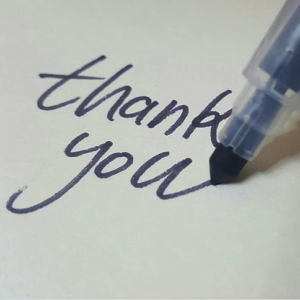Episodes
Support Physics Alive on Patreon!
https://www.patreon.com/physicsalive
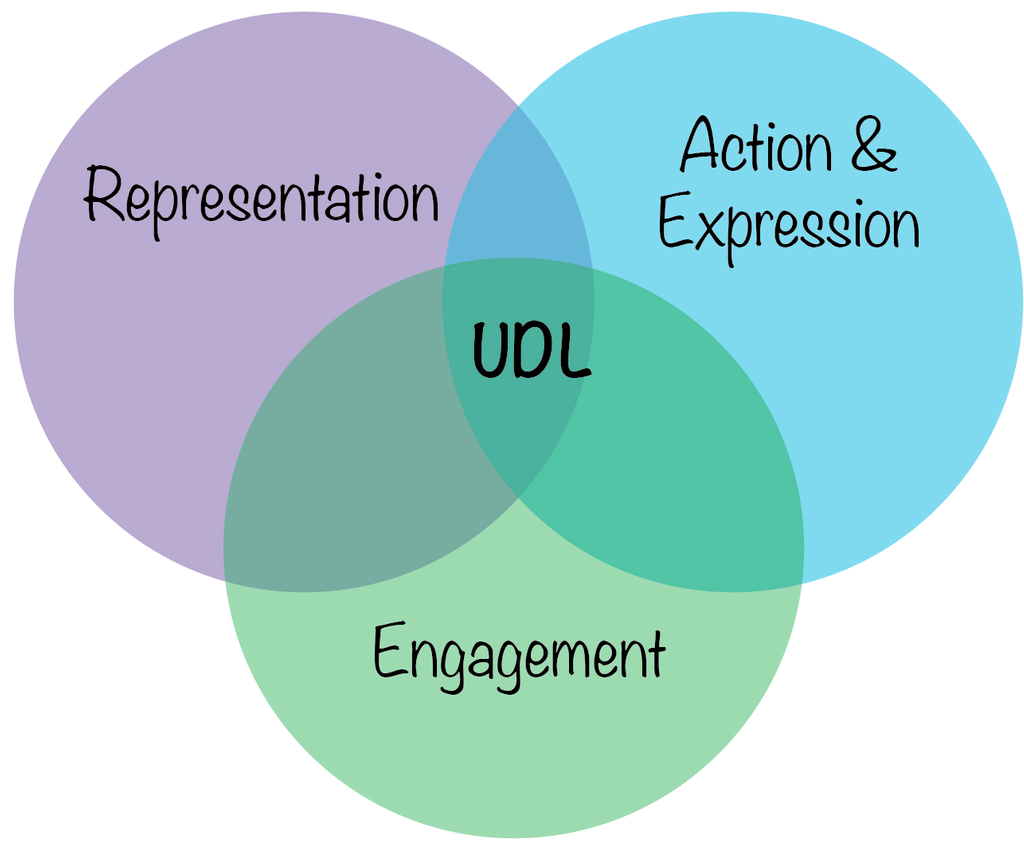
Episode 47: Universal Design for Learning and Multiple Means of Engagement
The universal design for learning (UDL) framework is an approach based on educational research that can guide the development of flexible learning environments that are supportive of and accessible to all learners. I’m speaking with Melissa Eblen-Zayas and Kristen Burson, authors on a recent paper describing their efforts to implement UDL and promote student mental health. They specifically focus on physics course modifications that provide multiple means of engagement.
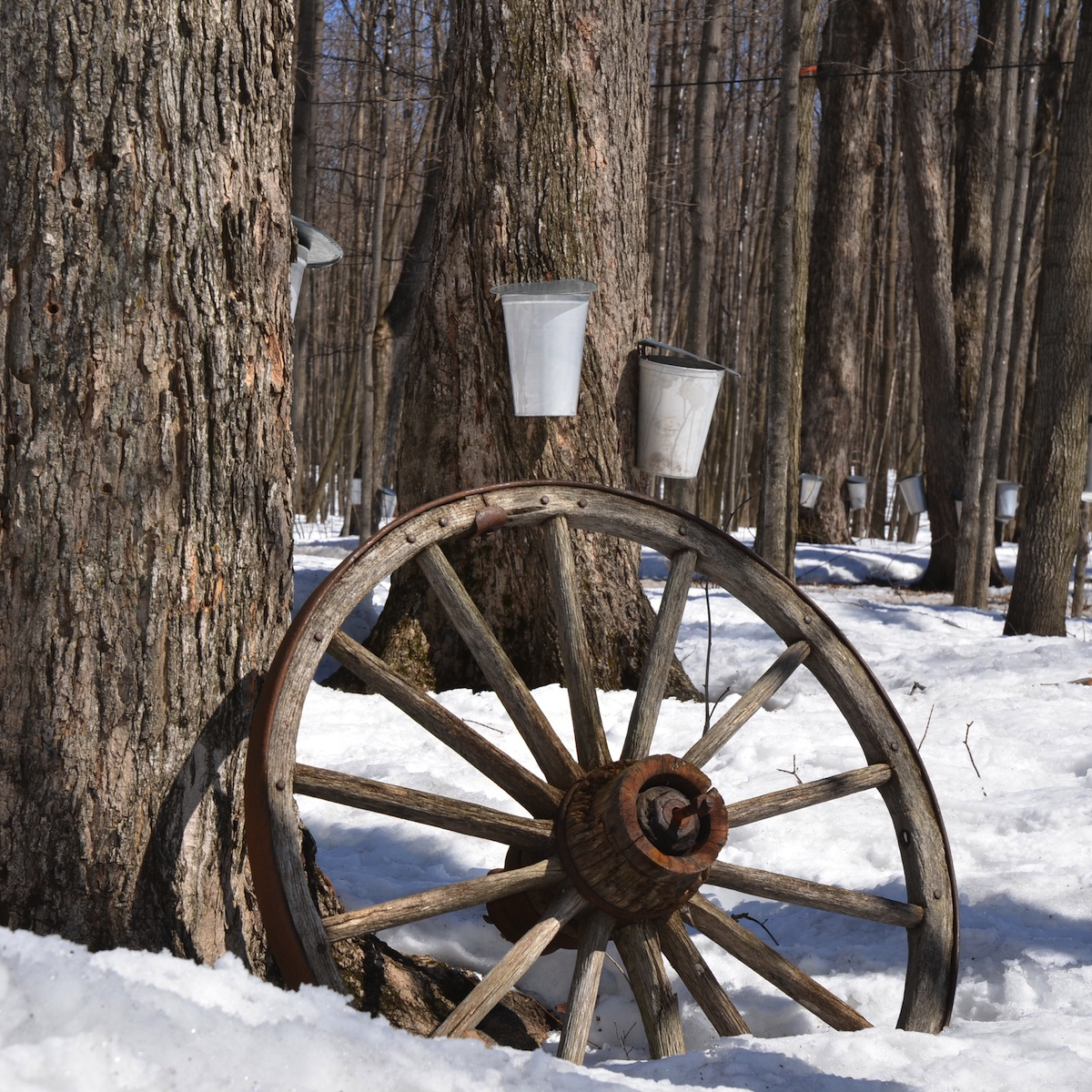
Episode 48: The Maple - Sweet Siren and Physics Phenom
Maple Syrup. Champion of breakfast, the perfecter of pancakes. Sweet addition to butter, beans, and even bacon. But how does that treat travel from tree to table? Phenomenal physics is in no short supply, and Abby van den Berg, a Research Associate Professor at the University of Vermont Proctor Maple Research Center, will share her joy and her expertise. She discusses the wonder of sap flow, long-term tree health, production methods, and the pigments associated with autumn foliage.
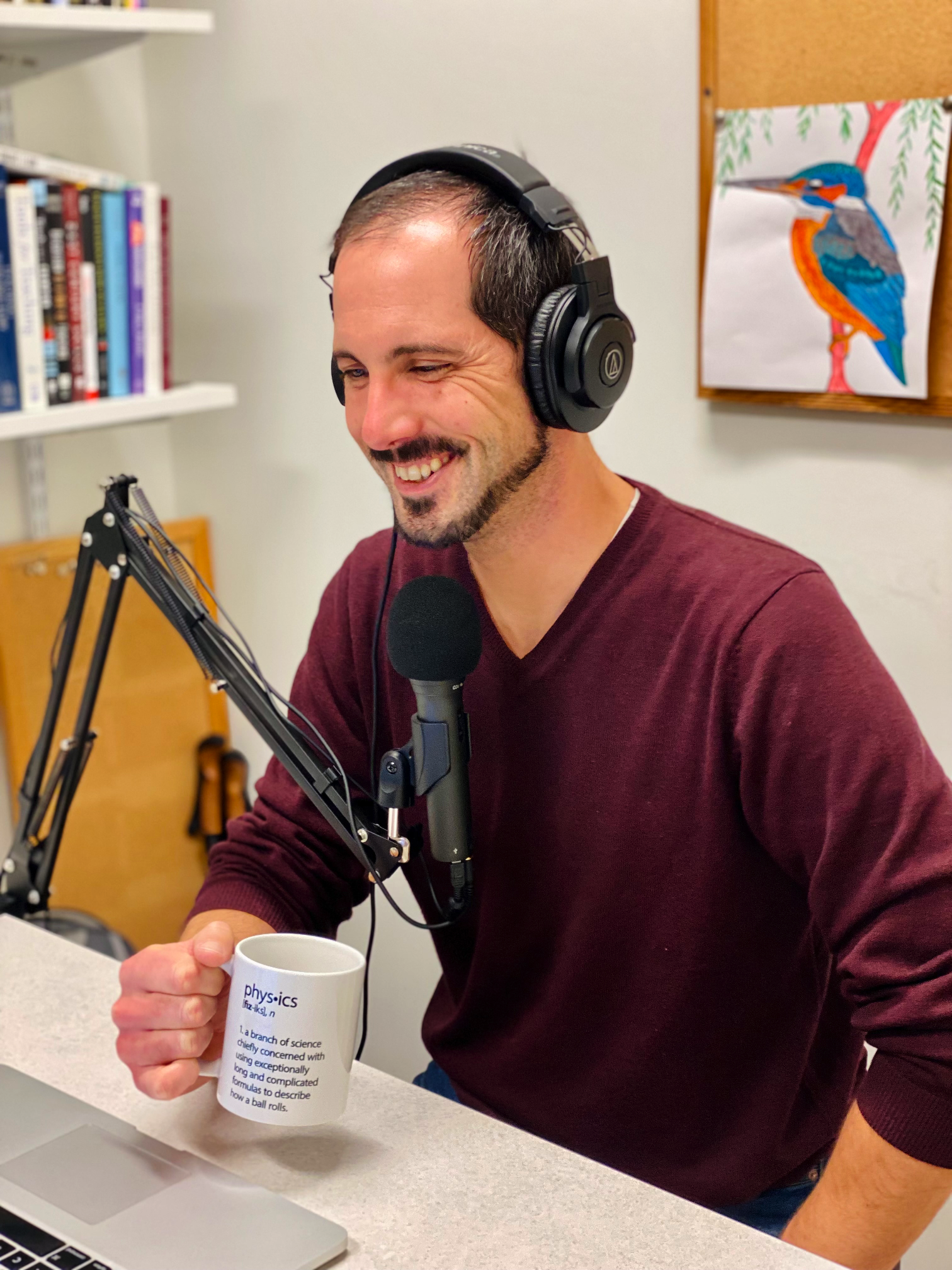
Episode 45: The Physics Alive Road Journal
The Physics Alive podcast is on the road this week! A busy semester has made it challenging to produce new episodes, so your host has taken his microphone on the road, recording while driving. Hear updates about Brad's classes and experiences this semester at his new teaching institution, Plymouth State University. The ups, the downs, the good, the frustrating -- the teacher's journey.
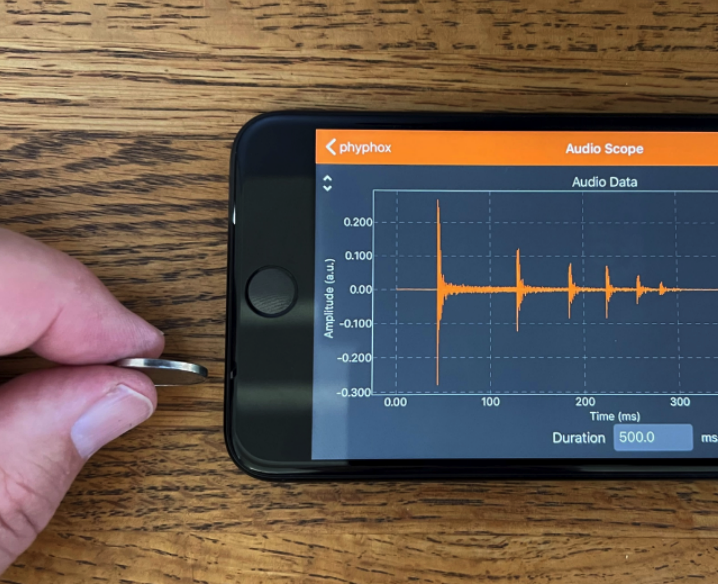
Episode 46: Physics with Phones with David Rakestraw
What if I told you that you could do velocity, acceleration, friction, rotations, impulse and momentum, pressure, sound, color, and magnetic field labs all with a single measurement device? And what if I told you that almost every student is walking into the classroom with their own device already in hand? Welcome to Physics with Phones curriculum. Each lesson details activities using built-in smartphone sensors to illustrate key physics concepts, including elevation, g force, and angular velocity. David Rakestraw, a senior science advisor at the Lawrence Livermore National Lab, has put together many lessons that are freely available online. He’s here to talk about how he got involved with this technology, what sensors our students can access, and how we can use these in our classes.
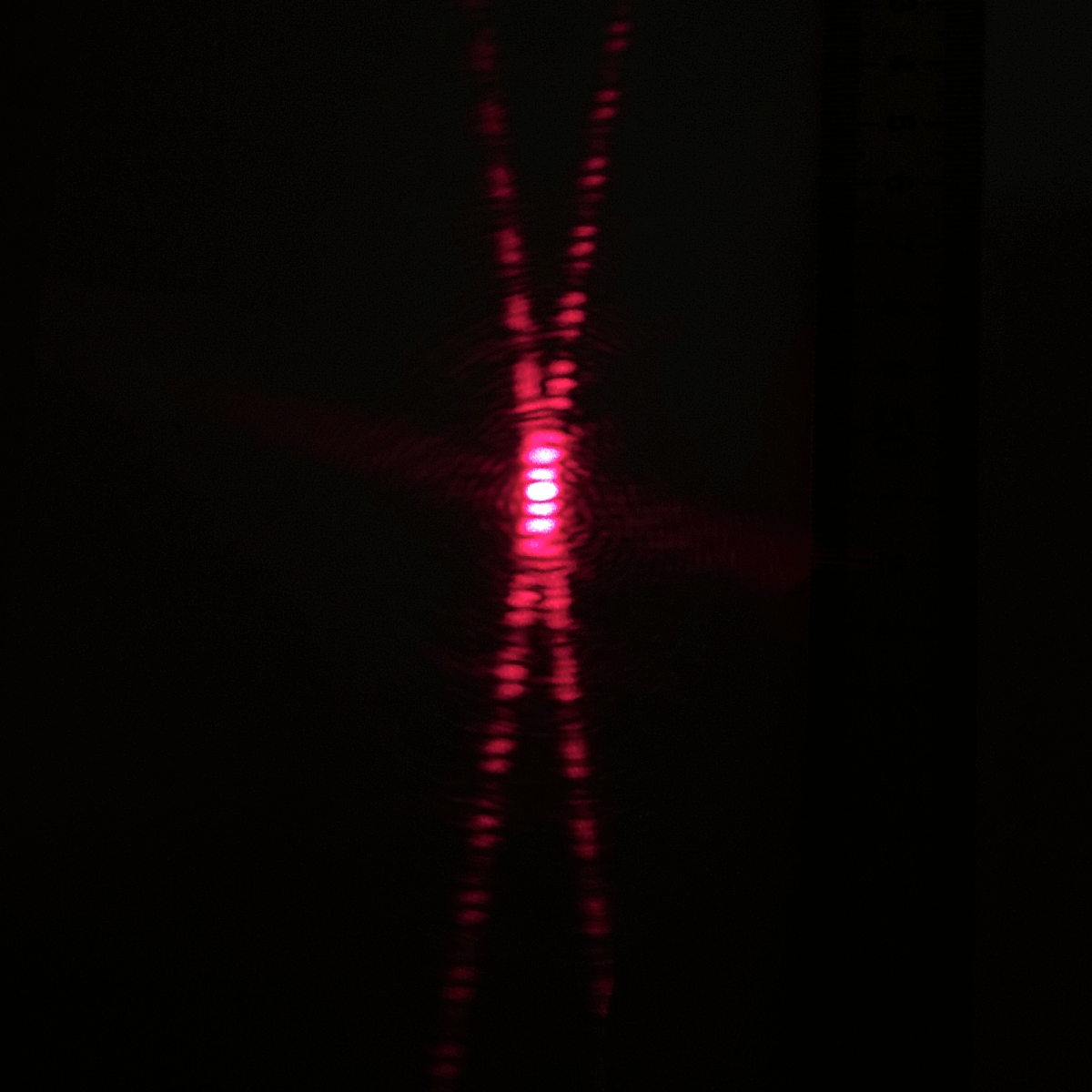
Episode 43: Diffraction of DNA and the DNA of my Physics Class
In this episode, I talk about DNA: a simple DNA diffraction and interference experiment using the spring from a pen and the DNA, the structure, of my introductory physics class during the spring '22 semester.
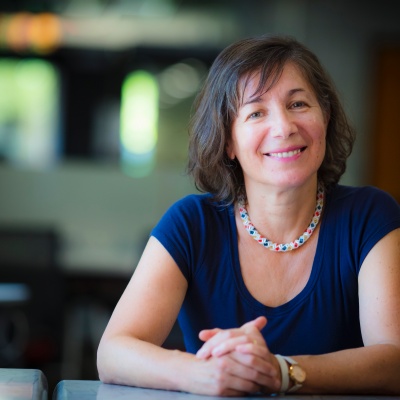
Episode 44: The Investigative Science Learning Environment with Eugenia Etkina
ISLE, the Investigative Science Learning Environment, is an intentional holistic learning environment for physics. It addresses two main goals: to help students learn physics by engaging them in the processes that mirror scientific practice and to improve their well-being while they are learning physics. Eugenia Etkina started this approach nearly 40 years ago and has been an ardent teacher educator in the years since. This interview with Eugenia provides the educational philosophy behind ISLE, specific examples of how the approach works, and the support network that can get you started.
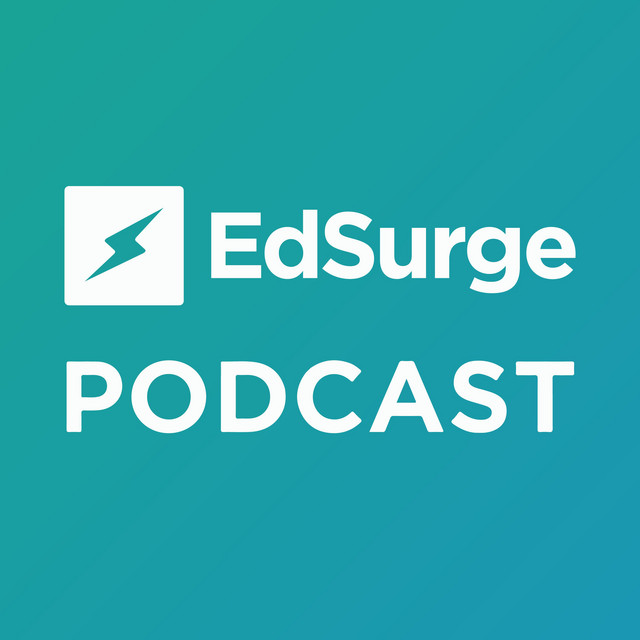
Episode 41: The Future of Education with Jeff Young
Jeff Young is an editor and reporter focused on technology issues and the future of education. He is currently the managing editor at EdSurge and the producer and host of the EdSurge Podcast, a weekly look at the future of learning. We talk about developments he’s seen throughout his career reporting on education, MOOCs and their place in education, the themes of the EdSurge podcast, and his take on the future of education.
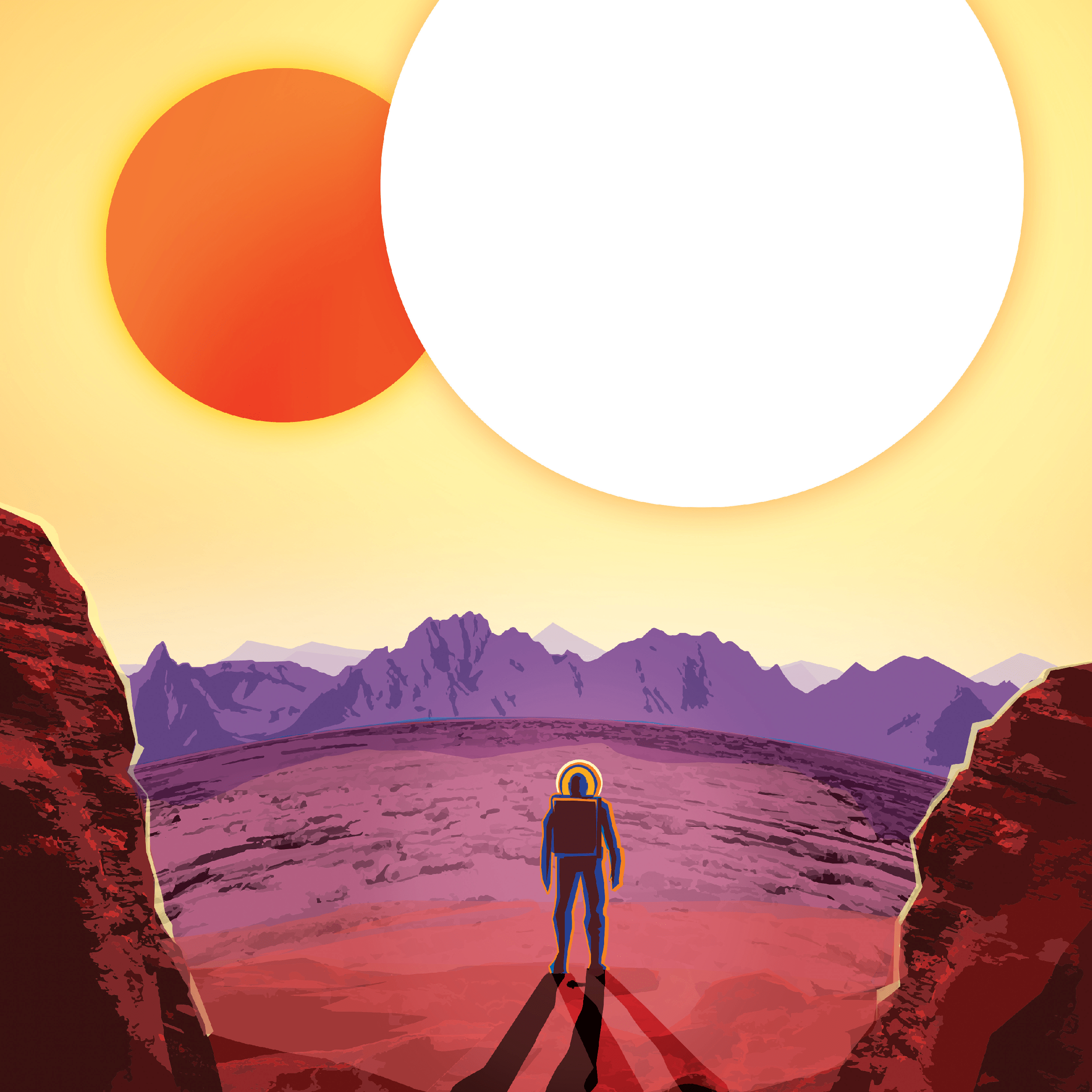
Episode 42: We're Going on a Planet Hunt with Sara Seager
Sara Seager is Professor of Planetary Science and Physics at the Massachusetts Institute of Technology. Her research focuses on discovering new exoplanets and characterizing their atmospheres. She hopes to find and identify another Earth and searches for signs of life. In this episode, Sara describes how we find planets around other stars and how we can possibly know how their atmospheres are composed.
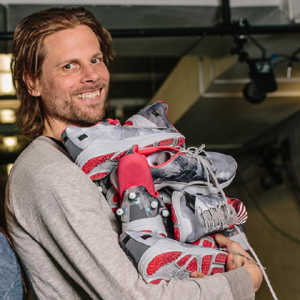
Episode 39: The Physics Rundown on Running with Wouter Hoogkamer
Wouter Hoogkamer, Assistant Professor at the University of Massachusetts, Amherst, is the director of the UMass Integrative Locomotion Lab. He studies human locomotion, integrating neurophysiology, biomechanics and energetics. In today’s episode, learn about his research on running economy and breaking the two-hour marathon mark. Plus, we’ll take his expertise and distill it down to some experiments and concepts that we can use in the high school and college physics classroom.
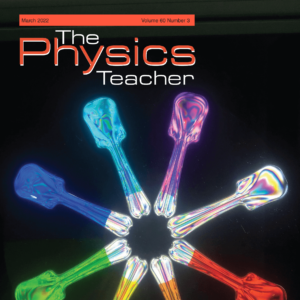
Episode 40: Podcast Reflections and Recent Articles from The Physics Teacher (Winter 2022)
In this episode, I summarize four articles from the Winter 2022 issues of The Physics Teacher: reflecting on a difficult year, group work equitability, lab activities on temperature and thermodynamics, and polarimetry measurements for food science. I also reflect on the purpose of this podcast, the many types of episodes you can expect to hear, and how I might better support you - the listener, the educator - to put new ideas into practice. Also, Physics Alive is now on Slack!
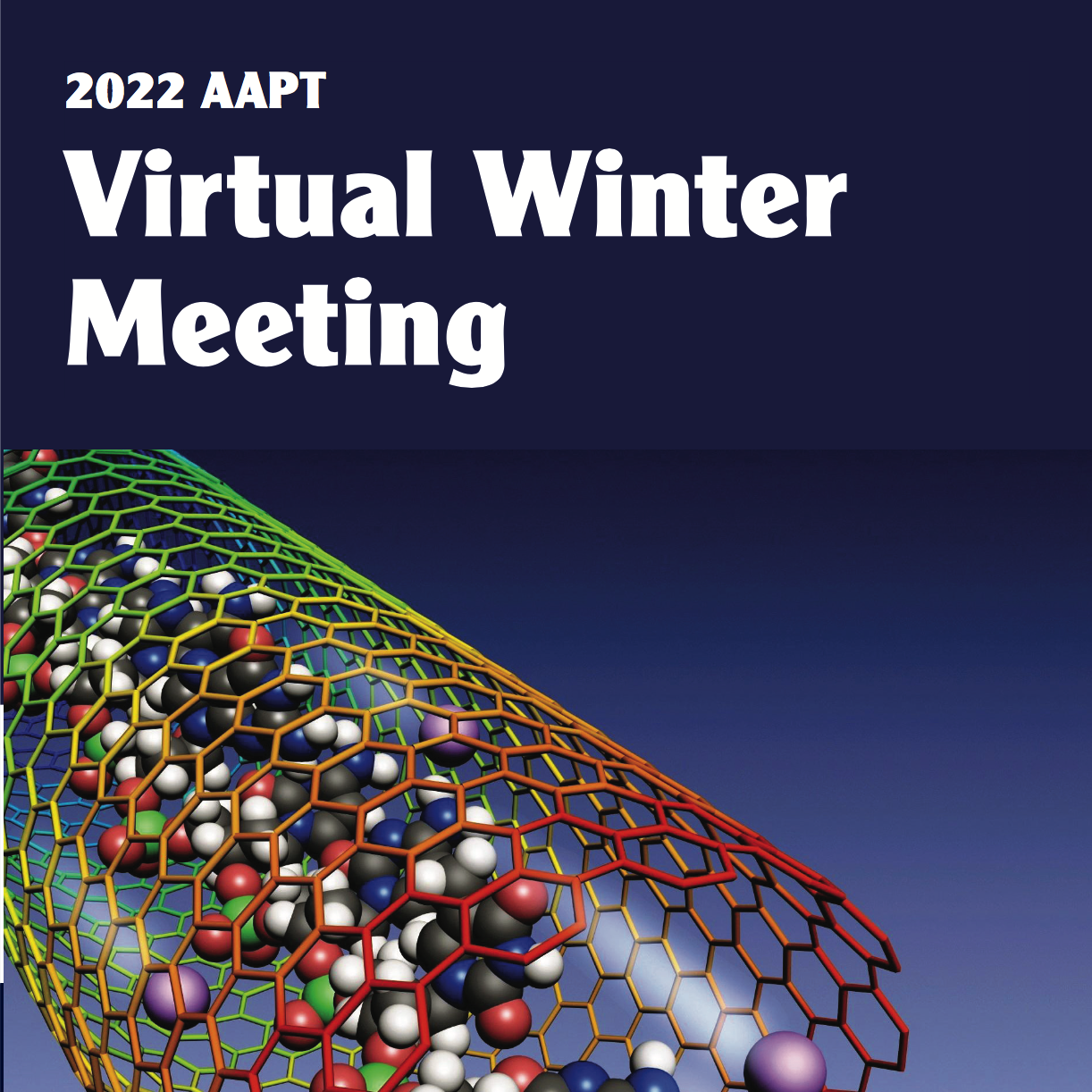
Episode 37: 2022 AAPT Winter Meeting retrospective - Day 2
Dr. Anne Leak, from High Point University, Dr. Brian Lane, from the University of North Florida, and yours truly reflect and muse on Day 2 of the 2022 American Association of Physics Teachers (AAPT) Virtual Winter Meeting. The discussion includes the plenary talk by Matthew Greenhouse, physics for future careers, equity and diversity, teacher recruitment, making AAPT meetings and membership welcoming for all audiences, and our personal takeaways.
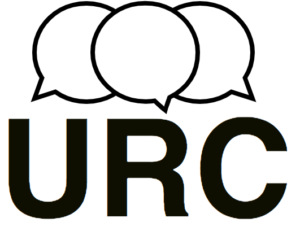
Episode 38: The Underrepresentation Curriculum
The Underrepresentation Curriculum is a flexible curriculum designed to help students critically examine scientific fields and take action for equity, inclusion and justice. I’m speaking with Angela Flynn and Moses Rifkin, two editors for the project who are also developing and using the curriculum in their classrooms. Learn all about the project, the resources you can access, and the community you can join.
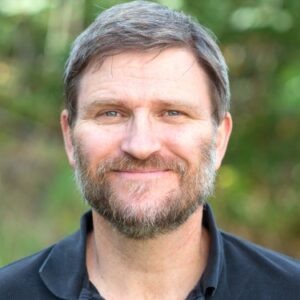
Episode 35: Modeling Instruction, Teaching Teachers, and Fluid Physics with James Vesenka
Jamie Vesenka is a Professor of Physics at the University of New England. He’s been using Modeling Instruction in the classroom and leading workshops for over 20 years and was an earlier pioneer in the physics for life sciences world, while also staying active in Atomic Force Microscopy research. We talk about the basics of Modeling Instruction, physics for life science, and his role as a teacher’s teacher.
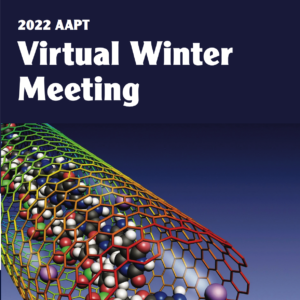
Episode 36: 2022 AAPT Winter Meeting retrospective - Day 1
Dr. Brian Lane, from the University of North Florida, and I reflect and muse on Day 1 of the 2022 American Association of Physics Teachers (AAPT) Virtual Winter Meeting. The discussion includes topics from the Meeting of the Members, the plenary talk by Fred Myers, hand-picked invited and contributed sessions from the first day, and our top picks for future sessions of AAPT meetings.
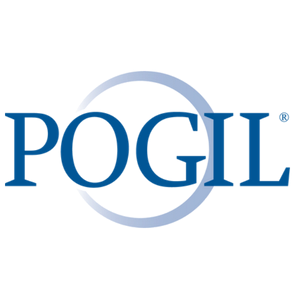
Episode 33: The POGIL Project with Rick Moog
POGIL is an acronym for Process Oriented Guided Inquiry Learning. It is a student-centered, group-learning instructional strategy and philosophy developed through research on how students learn best. Today we learn all about POGIL from Rick Moog, Professor in the Department of Chemistry at Franklin & Marshall College. He is the Executive Director of The POGIL Project and has implemented POGIL learning environments in his courses since 1994.
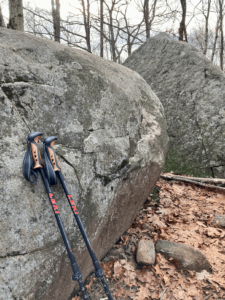
Episode 34: The Physics of Trekking Poles with Lindy Smith
Whether you climb mountains or hike on local trails through the woods, trekking poles can benefit your knees, improve your balance, and give you the confidence to navigate the natural world. Lindy Smith, a personal trainer and associate of the pole manufacturing company LEKI, shares her knowledge, experience, and stories about biomechanics, pole anatomy, and the joys of walking. With physics at the forefront, we explore the world of hiking with poles.
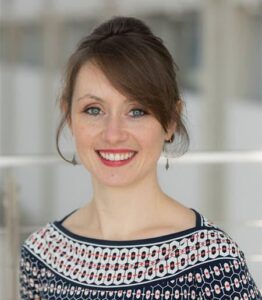
Episode 31: Labs - Stop Verifying and Start Investigating with Natasha Holmes
Natasha Holmes, Assistant Professor at Cornell University, studies teaching and learning in physics and other STEM courses, especially the efficacy of hands-on laboratory courses. She asks: How do we know what labs are achieving? And, what teaching methods improve outcomes? Today, she’ll share what we should stop trying to do in lab and what we might try instead.
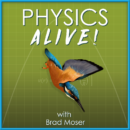
Episode 32: An interview with the host of Physics Alive
An interview with Brad Moser, the host of Physics Alive. This episode was recorded at a live session at the 2021 Florida AAPT fall meeting. The tables have turned, as Brian Lane from Let’s Code Physics takes a turn interviewing the host about the show.
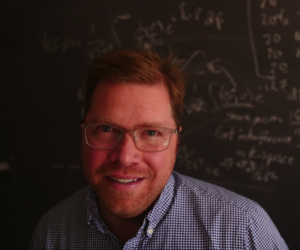
Episode 29: Fluency Bias and Deliberate Practice with Louis Deslauriers
This is part 2 of an interview with Louis Deslauriers, the Director of Science Teaching and Learning and Senior Preceptor in Physics at Harvard University. We discuss two recent publications from his research group. In the first, he finds that students can actually feel like they are learning more while passively listening to a polished lecture than engaging in active learning. We’ll talk about that finding and what that means. In the second, we dive into his latest work on deliberate practice, and how we might take the gains from active learning in the classroom and boost them up even more by transforming homework.
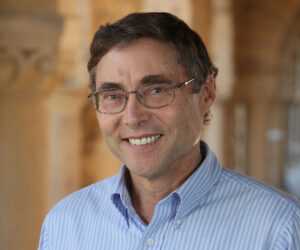
Episode 30: Teaching Expertise with Carl Wieman
Today I’m speaking with Carl Wieman, 2001 Nobel Laureate, Professor of Physics and Professor of the Graduate School of Education at Stanford University, and recipient of the 2020 Yidan Prize, the world’s largest prize in education. He answers the question: How do people learn to make better decisions? “They practice them, and they get feedback on that practice, and they practice some more. If you practice something very intently, your brain changes the connections to be better at doing it.” We discuss what he has uncovered in his scientific study of teaching and learning.
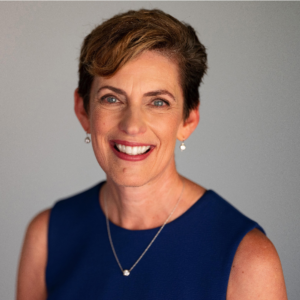
Episode 27: Better Allies with Karen Catlin
Karen Catlin, a leadership coach and an acclaimed author and speaker on inclusive workplaces. She coaches women to be stronger leaders and men to be better allies for members of all underrepresented groups. In her book and through her online presence, Karen shares how to cultivate an environment where coworkers feel welcome, respected, and supported, how to amplify and advocate for others, and how to use more inclusive language. She gives us the tools to be Better Allies and create a culture where everyone can do their best work and thrive. Today we discuss this in the context of science department meetings and the STEM classroom.

Episode 28: The Wins and Challenges of Active Learning with Louis Deslauriers
Louis Deslauriers, Director of Science Teaching and Learning and Senior Preceptor in Physics at Harvard University, discusses what he’s learned the last decade about the successes and challenges of research-based instructional strategies for both students and faculty.
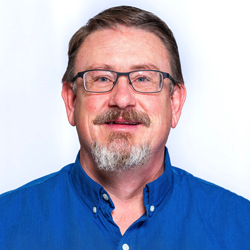
Episode 25: 2021 Excellence in K-12 Physics Teaching with Brad Talbert
I speak with the 2021 Paul Zitzewitz Excellence in K-12 Physics Teaching Award winner, Brad Talbert. He is a physics teacher at Lone Peak High School, Highland, Utah. This award is in recognition for contributions to pre-college physics teaching, and awardees are chosen for their extraordinary accomplishments in communicating the excitement of physics to their students.
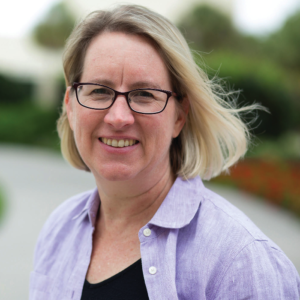
Episode 26: 2021 Excellence in Undergraduate Physics Teaching with Anne Cox
I speak with the recipient for the 2021 David Halliday and Robert Resnick Award for Excellence in Undergraduate Physics Teaching, Anne Cox. She is a Professor of Physics at Eckerd College. This award is given in recognition of contributions to undergraduate physics teaching, and awardees are chosen for their extraordinary accomplishments in communicating the excitement of physics to their students.
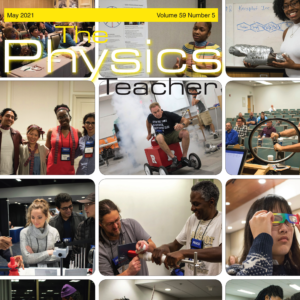
Episode 23: Sap, Redshift, Justice, and Universal Design for Learning
Today we talk about three articles and one new column from the May 2021 issue of The Physics Teacher: the physics of sap ascent, misconceptions about redshift, a new column on justice and physics, and a case study on using UDL to help physics students with differing abilities.
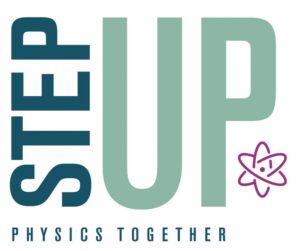
Episode 24: STEPUP for Women in Physics
STEP UP is a national community of physics teachers, researchers, and professional societies seeking to mobilize physics teachers to help engage young women in physics and change deep-seated cultural views about physicists. I’m speaking with Anne Kornahrens, STEP UP Project Manager and Bree Barnett Dreyfuss, High School Physics Teacher and a Teacher Advisor & Consultant for the project. Learn all about the project, the resources you can access, and the community you can join.
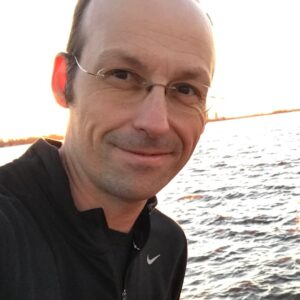
Episode 21: Physics in the News & Pop Culture with Rhett Allain
Do Angry Birds obey physics principles? How likely is it that two baseballs will collide in mid-air? How realistic are those science hacks in the tv series MacGyver? Are you curious how you can bring current news in science and pop culture as well as fictional fun into the classroom? Then you’ll enjoy today’s conversation with professor, author, blogger, youtuber, and tv consultant Rhett Allain.
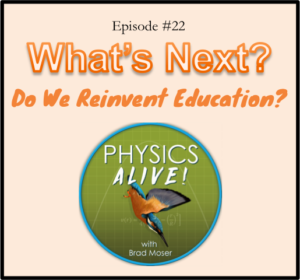
Episode 22: What's Next?
Do We Reinvent Education?
After a year of major upheaval in education due to the global pandemic, we are left wondering “What's Next?” In this episode, a compassionate perspective is offered: focus on healthy teaching and focus on your own wellbeing first. You are what’s next. All is well, it really is. Sink into that. Then move from there, wherever your energy, inspiration, and motivation might take you.
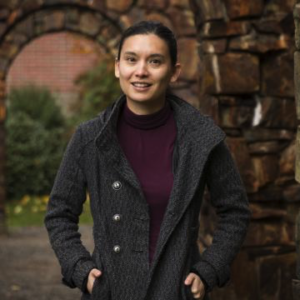
Episode 19: STEM Inclusion and the Spark Science podcast with Regina Barber DeGraaff
Regina Barber DeGraaff, Senior Lecturer and STEM Inclusion and Outreach Specialist at Western Washington University, doesn’t mince words as we dive into the topic of inclusion. She acknowledges that this can be tough work, but vital as well. Learn about the challenges and opportunities in her role, recognizing and reflection on our identities, and Community Ambassadors, an upcoming SEA-change webinar that she will co-facilitate. Regina is also the host of the podcast Spark Science. The show’s tagline is “exploring stories of human curiosity.” She discusses making science more accessible and less intimidating, and how humanizing scientists can help the next generation see themselves in such a career.
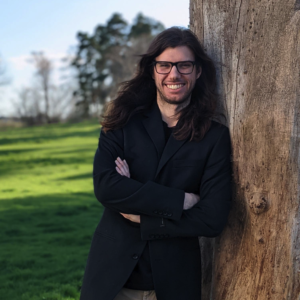
Episode 20: Getting the Word Out on Education Research with Nick Young
Nick Young is currently a physics education research & computational math and science PhD candidate at Michigan State University. He founded the website PERbites, dedicated to making the results of physics education research meaningful and accessible to all with bimonthly posts that provide short, clear descriptions of what’s happening in the field of physics education research. In this episode we discuss his various projects and the common theme of getting the word out on education research.
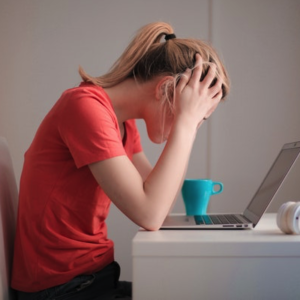
Episode 17: Math Shame and Anxiety
In this episode, I explore the shame and anxiety brought on by math. I think this is widespread experience, from those individuals who struggle to understand “simple” mathematics to those who struggle to understand “complex” mathematics. Sometimes, shame can be motivating, but largely I think it is debilitating. The shame message is unconsciously passed on by media, peers, and even faculty. In the world of education, we can reframe our responses to students' challenges with math, recognize and acknowledge the pervasiveness of shame and anxiety, and help construct healthy mindsets and confidence. We can begin to undo generations of math shaming.
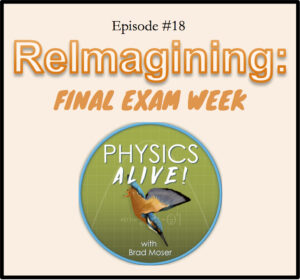
Episode 18: ReImagining Final Exam Week
During final exam week, student activities groups across the nation provide experiences that will help reduce student stress. But in this episode, the spotlight is pointed at the high stakes, cumulative exams themselves, and the flurry of late semester assignments that generate these stress loads. Let’s reimagine final exam week. Are traditional final exams really a meaningful and appropriate way to end the academic year or can we create a finale that sends students off in grand style? Let’s consider some alternatives and why we might want to try something new.
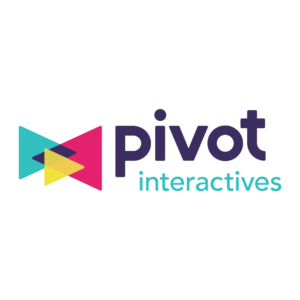
Episode 15: Interactive Video and Pivot with Peter Bohacek
Pivot Interactives are complete learning modules for students that are available online. Many of them center on interactive video, which is a video where students can observe an event and then engage with the video by changing variables and taking measurements. These can be a great teaching tool during a regular school year, but during a global pandemic they stand out as a way to provide remote labs in a meaningful and valuable way. Today I’m speaking with Peter Bohacek, high school physics teacher and co-founder of Pivot Interactives. Learn all about how they work, the best ways to use them in the classroom, and the research that supports their efficacy.
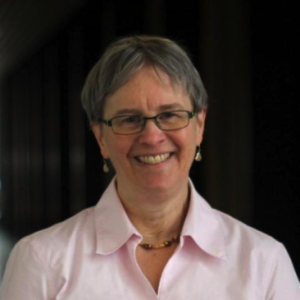
Episode 16: Biological Physics, SCALE-UP and Modeling with Dawn Meredith
Dawn Meredith, Professor of Physics at the University of New Hampshire, has been an integral member of the Physics Education Research community since the late 1990’s and she has been a principal investigator on 8 PER grants. In this honest and down to earth conversation, we discuss not only the ideas and methods that have worked well, but also what hasn’t worked and why. There is just as much for the education community to learn from crash landings as from the soaring successes. But don’t worry; Dawn has a lot of successes to share as well! So settle in as we take a tour through important books, Scale-Up, Modeling physics, rounding cows and the mingling of biologists and physicists, and discover why the heck trees can get so tall.
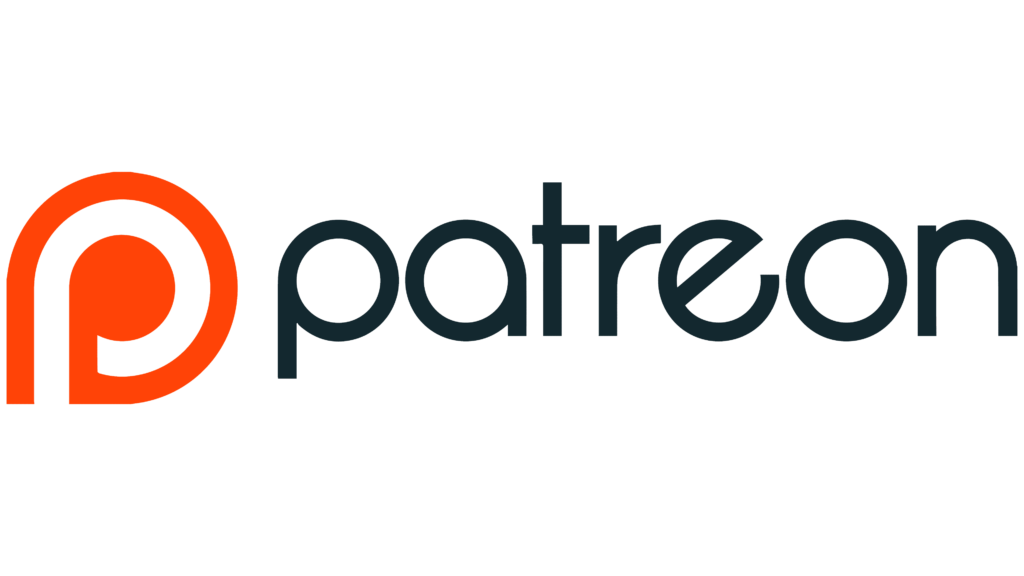
Support Physics Alive on Patreon!
https://www.patreon.com/physicsalive

Episode 13: Biomimicry in the Classroom: An intersection of physics, engineering, biology, and problem solving
“Biomimicry is a practice that learns from and mimics the strategies found in nature to solve human design challenges — and find hope along the way.” This is the introduction on the Biomimicry Institute’s website. “The goal of biomimicry,” they continue, “is to create products, processes, and policies — new ways of living — that solve our greatest design challenges sustainably and in solidarity with all life on earth.” Biomimicry is just as much physics and engineering as it is biology. Plus, it’s solving real challenges in our world while also encouraging entrepreneurship. In this episode, find out how bringing biomimicry into the classroom can bring Physics Alive.
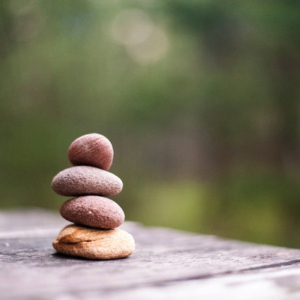
Episode 14: A Meditation for the New Semester
A short guided meditation for the new semester. A call to embody the breath and create distance between common teacher thoughts of expectations, stress, to do lists, perfectionism...and that still quiet place inside of you that already knows everything is perfectly okay and you are free to be imperfectly you.
[07:20] – Go here for the beginning of the meditation.
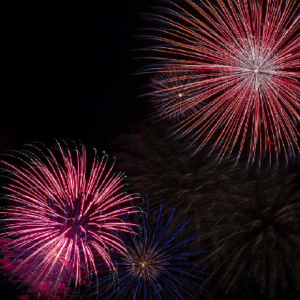
Episode 11: 2021 - Resolutions and Podcasts
In this first episode of 2021, I share a few New Year’s teaching resolutions, and I offer some education-related podcast recommendations.
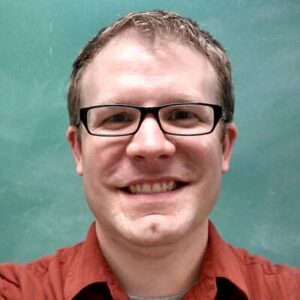
Episode 12: Let's Code Physics with W. Brian Lane
Have you ever wanted to bring coding into your classroom? Or maybe you’ve introduced some computation, but you want to move to the next level? Let’s go code some physics! In this episode I talk with W. Brian Lane, the creator of the YouTube channel Let’s Code Physics. We talk about his videos, the online coding platforms he recommends, and how to get started coding in the classroom. We also talk about the workshops and exercise sets available through the PICUP community, and then branch into a different topic: replacing lab reports by asking students to write a letter home.
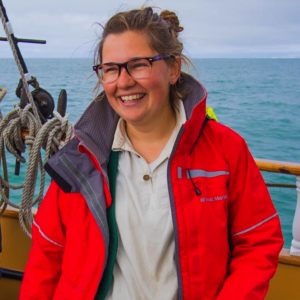
Episode 9: Science Communication, Glaciers, and a Podcast with Kate Hruby
Kate Hruby is a self-proclaimed physics doubter turned physics enthusiast. She sails boats, plays with flubber, has great insights about education and science communication, and hosts a fun and informative podcast called Go Forth and Science. In this episode we talk about the learning experiences that made her education great, the super cool physics of flowing glaciers, why we and our students should learn a bit about glaciers, and we get the inside scoop on her podcast.
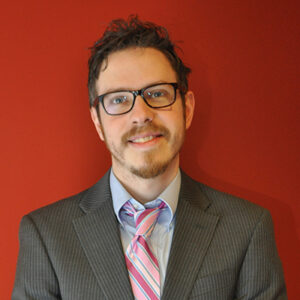
Episode 10: Sector Vector with James O'Brien
Board games in the classroom? Absolutely! In this episode I talk with Interim Dean and Associate Professor James O’Brien, co-founder of 4th Law Labs, a company dedicated to making education more accessible and more enjoyable. He graduated with a Ph.D. in Physics from the University of Connecticut in 2010, and his research focuses on theoretical and computational astrophysics, cosmology, and gravity. We discuss the games Sector Vector and Resistile, gamification of education, and an innovative collaboration that brought physics and industrial design students together.
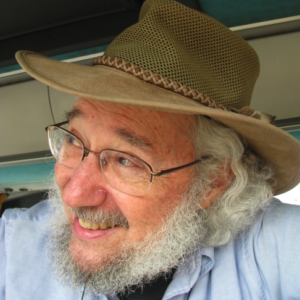
Episode 7: 40 Years of Physics Education Research with Joe Redish
In 2020, Joe Redish retired from a 50-year career as a physics professor at the University of Maryland. During that time he was actively involved in the subject of physics education, from the use of computers, to cognitive modeling of student thinking, to the role of student expectations and epistemologies in their learning, and his more recent focused on the development of a new introductory physics course for life science students. Joe has so much passion and enthusiasm for education, and he is a storyteller extraordinaire. After a long and productive career, he still speaks of the exciting things he is learning with a glisten in his eye and wonder in his words. He bubbles with eager authenticity. And I’m just tickled pink to be talking with him.
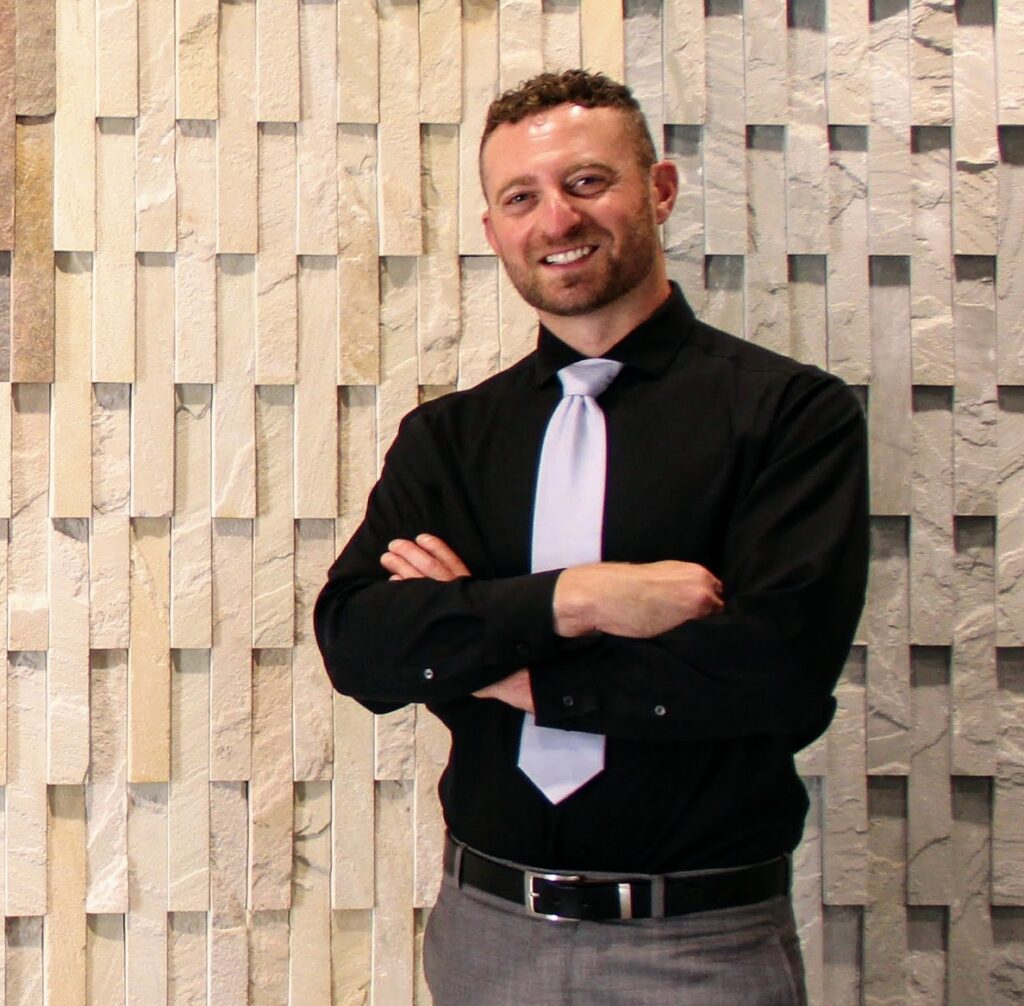
Episode 5:
How a PhET is Made with Ariel Paul
Have you ever heard of PhET interactive simulations? Yeah, I thought so. For many physics educators, PhET’s are an essential teaching technology both in and out of the classroom. In this episode, I speak with Ariel Paul, the Director of Development for the PhET interactive simulation project at the University of Colorado. Ariel discusses the ins and outs of PhET development, how the team goes from an idea to a complete simulation in your web browser. We also talk about the educational goals a simulation is designed to meet and about research-backed ways to use PhET’s in the classroom.
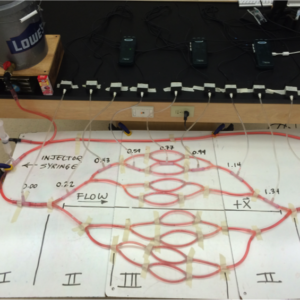
Episode 6:
Poiseuille, Bernoulli, and the Circulatory System
In this episode, I present a kinesthetic model of the human circulatory system. This model connects the physical principles of Poiseuille’s Law and mass conservation to blood flow throughout the human body. Students can monitor fluid speed and pressure variation, demanding that they grapple with conflicting principles and ultimately gain a deeper understanding of the physics behind critical components of anatomy and physiology.
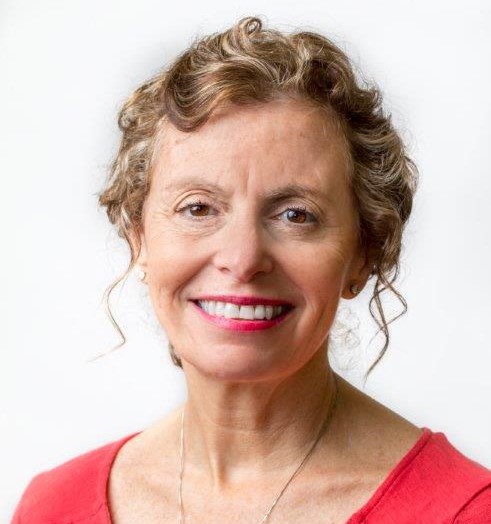
Episode 3:
Build a Highly Successful Physics of Medicine Program with Nancy Donaldson
Have you ever stepped into the classroom and found yourself surrounded by…pre-health students? What do you do? Well, you could do what my guest today did: ask the medical professionals what students should be learning in a physics class, then teach THAT. With a grassroots approach, Nancy Donaldson has built an impressive and thriving Physics of Medicine program at Rockhurst University, a small liberal arts college in Kansas City. In this episode, she shares her long, winding road to professorship, her natural passion for making physics relevant for her students, and her love of designing curriculum that puts students at the center of their sense-making.
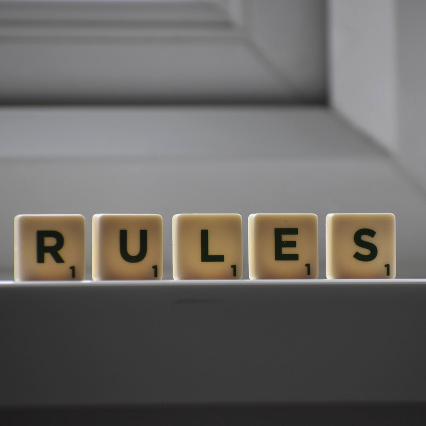
Episode 4:
Are We Playing by Rules that Don't Exist?
“If no rules about content and grading existed, what would you do? I truly believe that we can do anything. The possibilities are endless.” The rules of education are stifling and lead to exhaustion. But what if we are playing by rules that don’t exist? I pose that the content we cover, the assignments we grade, and the lectures we deliver on stage are products of our own belief system, which is shaped by stagnant tradition. What if we see through those beliefs into a classroom, a world, where anything is possible? I challenge listeners to reconsider where they spend their time and effort, and I suggest small steps for making big changes right now.
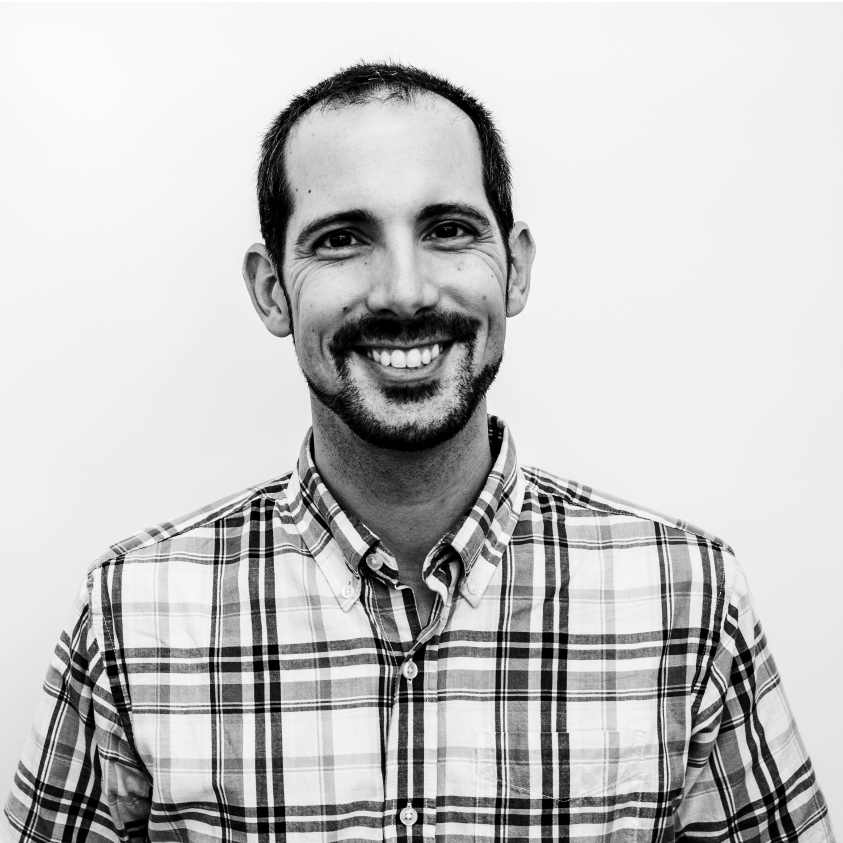
Episode 1:
Welcome to Physics Alive
In the beginning, we stood and lectured to our students, filling the chalkboard with brilliant mathematics, dazzling from our stage. Then, education research showed that there are many, many better ways to facilitate learning. In this inaugural episode, your host, Brad Moser, shares his current perspectives within his ongoing journey through physics education, why he's decided to start a podcast, and what big ideas the show will encompass.
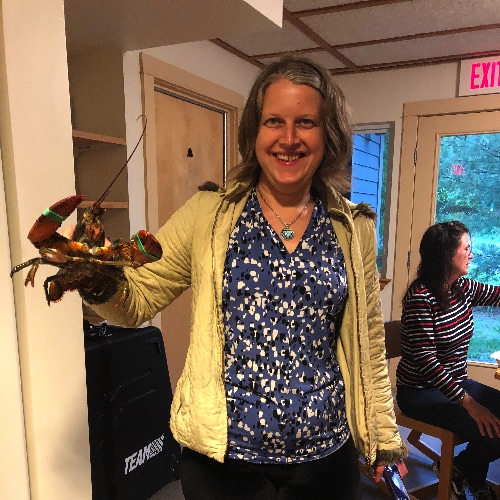
Episode 2:
Find everything you ever wanted to know about PER on PhysPort with Sam McKagan
What if I told you there is a place where you can discover new teaching methods, access scores of validated assessments, find videos to train your TA’s and LA’s, and even read a guide for how to move a lab course online. And what if I told you it is absolutely free and open access. Don’t believe me? Well it’s true! It’s called PhysPort, and today I’m speaking with Sam McKagan, the director and mastermind behind this website. She shares how it got started and what you can find on the site, as well as current projects that she is involved with, including the Living Physics Portal, a completely open source community for sharing curricular materials to teach physics to life science students.

Support Physics Alive on Patreon!
https://www.patreon.com/physicsalive
